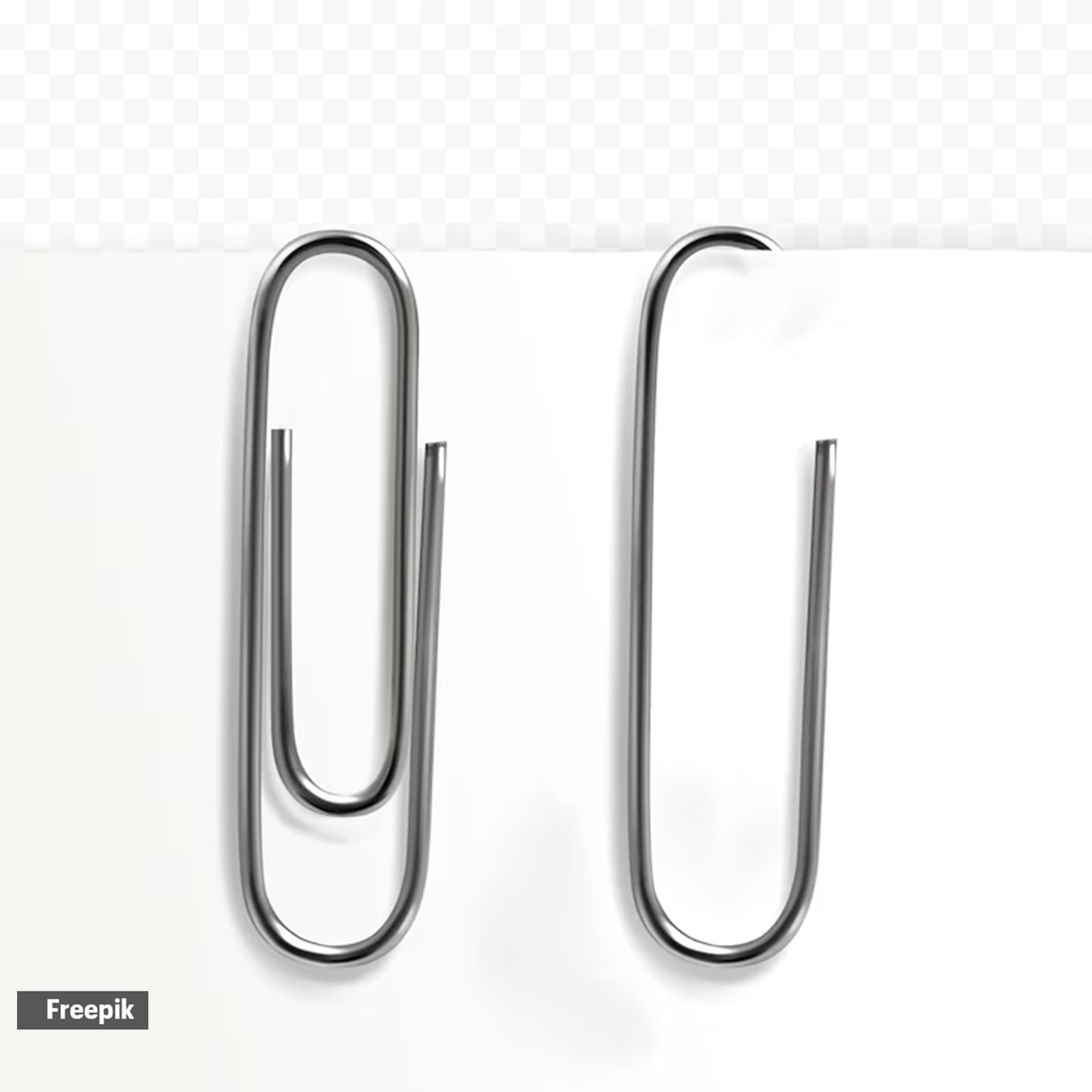📣 For more lifestyle news, click here to join our WhatsApp Channel and also follow us on Instagram
‘It takes 50 to 100 years to decompose them’: Here’s the ideal way to discard stapler pins
Hardi Oza Patel, founder and director, Velvet Escapes said though small and almost negligible in size, "stapler pins have a significant effect on the environment
 Are you using too many? (Source: Pixabay)
Are you using too many? (Source: Pixabay)We may be conscious of using plastic packaging. Still, we often overlook everyday stationary items used in homes, schools, and offices that could also end up in landfills and, worse, in the sea waters, injuring innocent animals and humans alike. This case scenario was highlighted by ‘eco freak’ Anuj Ramatri, who shared that many of us throw away staple pins mindlessly, which could injure garbage collectors or end up in the stomachs of animals. “These are not the only problems. It takes 50 to 100 years to decompose these pins. Even when one pin is enough, we use more,” said Ramatri.
Reflecting on the same, Hardi Oza Patel, founder and director of Velvet Escapes, said that though small and almost negligible in size, “these tiny stapler pins have a significant effect on the environment. “The pins are made from metals and are non-biodegradable, such that they take a very long time to break down in the environment. If improperly disposed of, they accumulate in soil and water, causing a negative impact,” said Patel.
As pointed out in the reel, these pins may be ingested by wildlife if they end up in natural habitats, causing harm or even death. This impacts wildlife tourism and further impacts biodiversity and ecotourism.
What can you do instead?
*Minimise their use. Patel suggested using binding tools that do not require metal pins.
 Are you using paper clips? (Source: Freepik)
Are you using paper clips? (Source: Freepik)
*By not throwing them away. Collect them in a box, and once they are in significant quantity, hand them over to recyclers so they can be recycled responsibly, Ramatri said.
View this post on Instagram
*Patel shared that one can use paper clips that do the job without causing significant harm to the environment.
*Patel encouraged using digital documents to curb usage and be handy.
DISCLAIMER: This article is based on information from the public domain and/or the experts we spoke to. Always consult your health practitioner before starting any routine.
📣 For more lifestyle news, click here to join our WhatsApp Channel and also follow us on Instagram
Photos



- 01
- 02
- 03
- 04
- 05
























